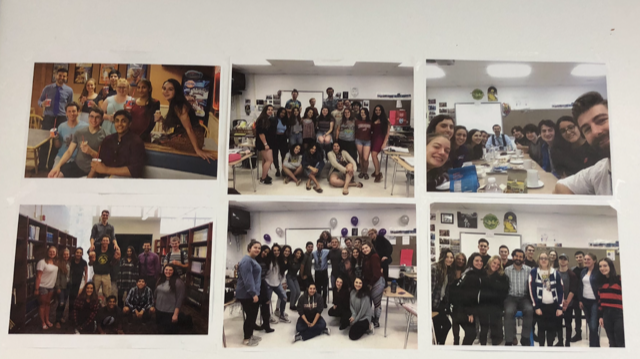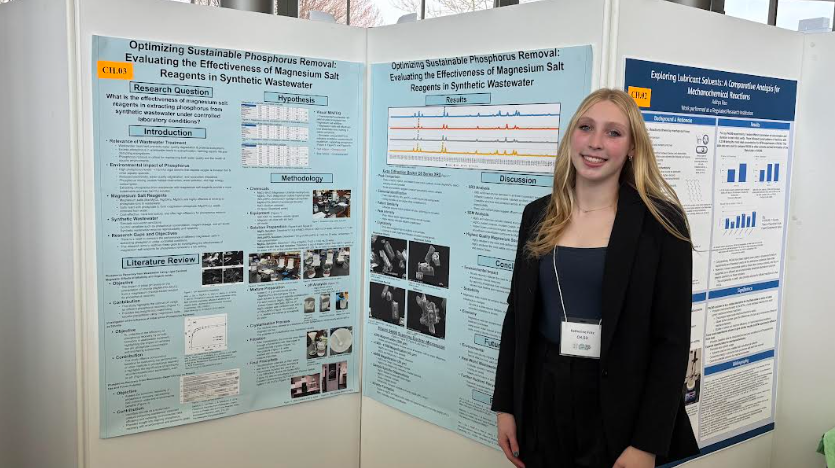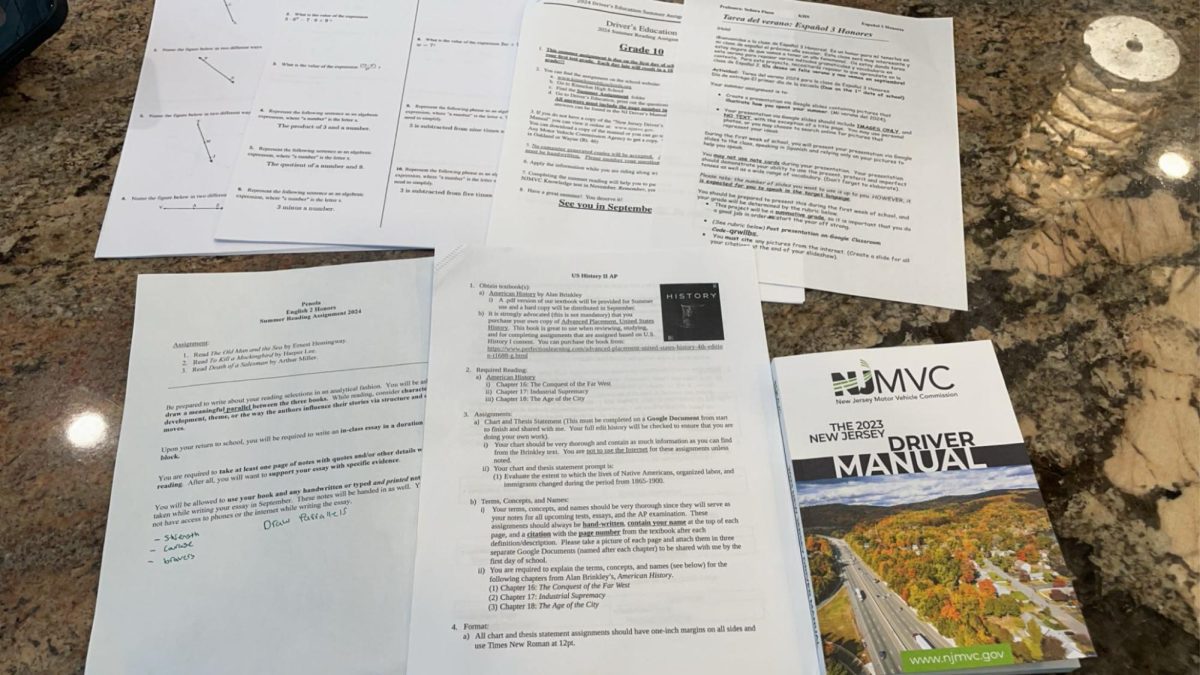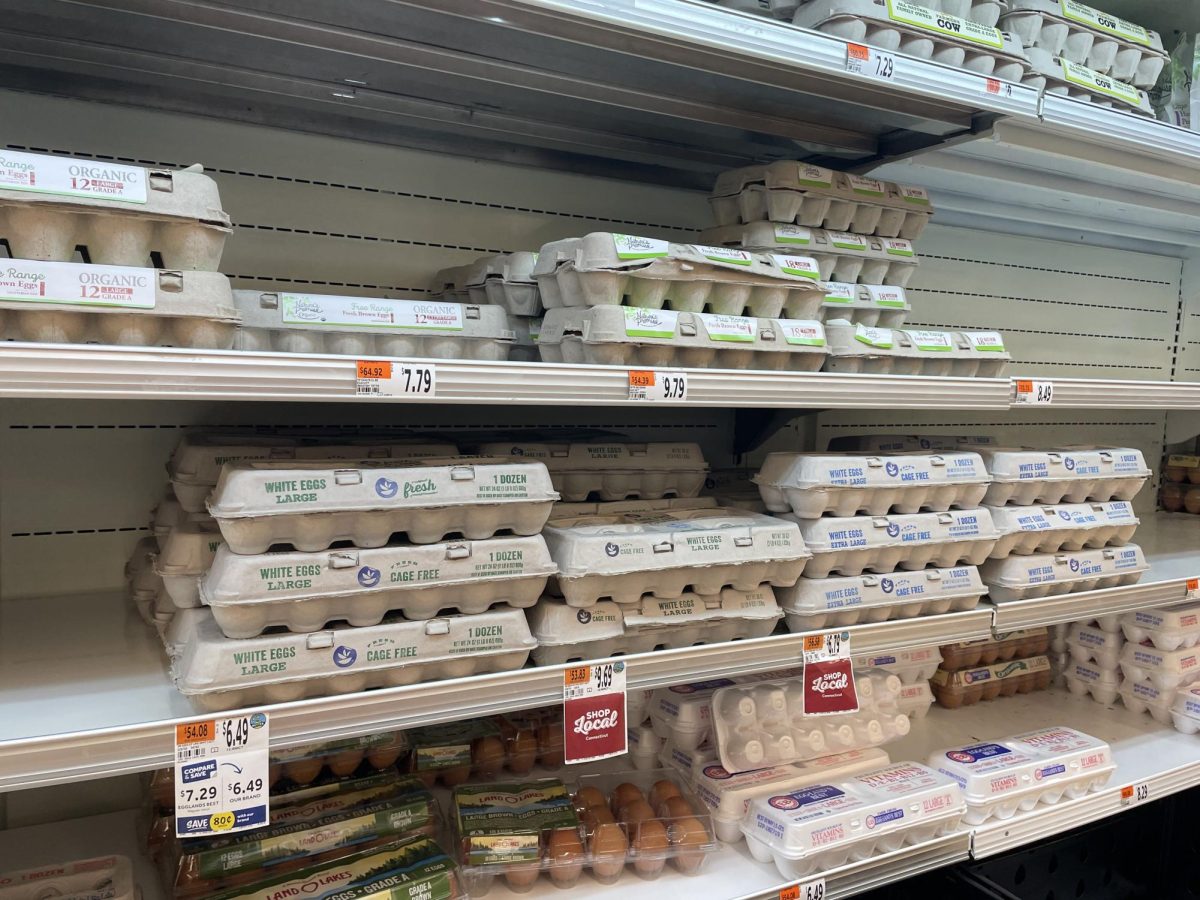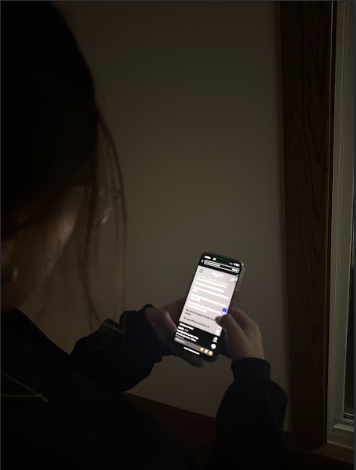All is quiet in Room 211, save for the wispy scratches of pens against papers. The air is heavy with a sleepy energy, both calm and focused. But for the students, it’s not important. The desks, the class— and even themselves— might as well cease to exist. In their passion, all that matters is their work.
For many students taking creative writing, writing was their passion before joining the class. “I love writing… and I really wanted the opportunity to write more than just essays,” Abigail Sirinides says. “I wanted to practice writing short stories and develop my narrative writing…”
Indeed, the freedom enjoyed in the class stretches to subjects like poetry, which attracts an even wider range of students. “I like writing poetry, so I want to better my skills in that… I believe that the [class setting] helps push students to be better writers,” says Matthew Eid.
On a typical day, the students start with reading an assigned poem. “We have a [poem], and we have seven minutes to write what we feel about it. There’s usually a prompt, but [we] can usually take any direction [we] want… It’s supposed to get [us] thinking in a more creative mood,” says Sirinides. As the block continues, the students can find themselves learning about literature ranging from comedy to horror, with equal amounts of fiction and nonfiction.
In addition to pure writing and reading, students learn to grow from their mistakes and form closer bonds with their classmates. “My favorite part about teaching is watching a class made up of students from all grade levels, from different cultures, really form a family. That happens with the sharing of their work,” says John Penola, the teacher of the class. “That’s one of the coolest things: watching these people who don’t even know each other [get close] by producing well-written pieces of prose and verse.”
In the creative writing class, cooperation and constructive criticism is every bit as important as individual skill. “I would suggest [to new students] to not be scared of sharing what you think…” says Eid. “[One of] the biggest things I’ve learned is that every word counts, so now whenever I write I keep track of it.”
“For some [students], their growth comes in the form of confidence in their abilities, and they’re more willing to share it. For others, it could be as something as simple as grasping the concept of ‘show, don’t tell,’ or utilizing more concrete details in their work…” says Penola. “[Everyone’s different], and they’re all coming in with different starting points.”
However, the benefits of creative writing extend far beyond the classroom, far beyond a better grasp of the English language. Not only are these writers better able to analyze prose and poetry, but they learn to exercise their social skills by engaging with their classmates and working with dialogue. It is a lie to say that only those in the class have access to these skills. With enough dedication and time, anyone can write well. Those who do can express their freedom and explore their ideas in a way that few other activities can.
Readers can feel free to answer share their reaction to this article at: https://forms.gle/FNgNsjG5ptCez52j6

